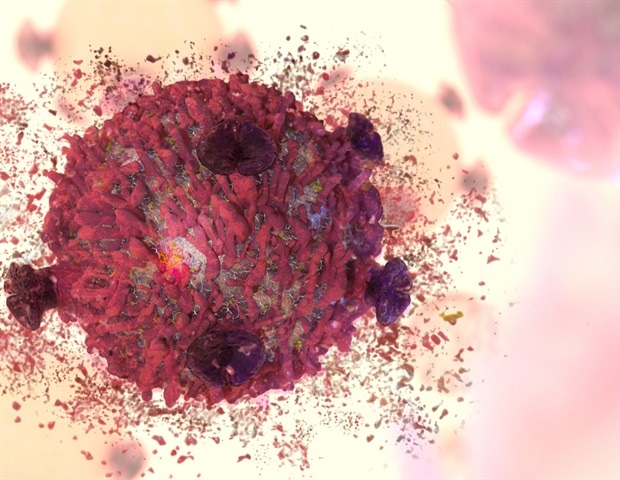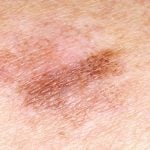A new study suggests that a common bacteria found in the mouth and gut, Streptococcus anginosus, may be linked to a higher risk of stroke and worse...
Vous n'êtes pas connecté
- English
- Français
- عربي
- Español
- Deutsch
- Português
- русский язык
- Català
- Italiano
- Nederlands, Vlaams
- Norsk
- فارسی
- বাংলা
- اردو
- Azərbaycan dili
- Bahasa Indonesia
- Հայերեն
- Ελληνικά
- Bosanski jezik
- українська мова
- Íslenska
- Türkmen, Түркмен
- Türkçe
- Shqip
- Eesti keel
- magyar
- Қазақ тілі
- Kalaallisut ; kalaallit oqaasii
- Lietuvių kalba
- Latviešu valoda
- македонски јазик
- Монгол
- Bahasa Melayu ; بهاس ملايو
- ဗမာစာ
- Slovenščina
- тоҷикӣ ; toğikī ; تاجیکی
- ไทย
- O'zbek ; Ўзбек ; أۇزبېك
- Tiếng Việt
- ភាសាខ្មែរ
- རྫོང་ཁ
- Soomaaliga ; af Soomaali
 Maroc - KNOWRIDGE.COM - A La Une - Hier 11:21
Maroc - KNOWRIDGE.COM - A La Une - Hier 11:21
Common mouth bacteria linked to oral cancer
Oral squamous cell cancer (OSCC) is a deadly disease that starts in the cells lining the mouth. It is often diagnosed late, making it hard to treat. Each year, around 450,000 people die from OSCC, according to the International Agency for Research on Cancer. Scientists have long suspected that changes in bacteria in the mouth […]
Articles similaires
Exploring the interaction between cell death and cellular senescence in cancer
Aging cells secrete substances known to promote the growth of cancer cells. The development of drugs that can selectively kill these cells or inhibit...
Jennifer Knight-Madden | Sickle cell disease – coming out of silos to advance care
Sickle cell disease (SCD) is a genetic disease that affects the blood. Persons inherit a gene from each parent that changes how haemoglobin is made. ...
Qartemi: India's Affordable CAR-T Therapy for Blood Cancer
India introduces a new medlinkCAR-T cell therapy/medlink to treat B-cell Non-Hodgkin Lymphoma (B-NHL). NHL is a type of medlinkblood cancer/medlink...
Tumour-secreted protein may hold the key to better treatments for deadly brain tumours
A study co-led by UCLA scientists in, the USA, has found targeting a protein called endocan and its related signaling pathway could be a promising new...
New findings could make off-the-shelf CAR T cell therapy a reality
CAR T cell therapy is one of the most promising new cancer treatments to emerge in recent years. It involves removing a patient's own immune T cells...
Oral and gut bacteria in stroke patients associated with worse prognosis and mortality
A common bacteria usually found in the mouth and gastrointestinal tract, Streptococcus anginosis, may be abundant in the guts of people with stroke...
Dronedarone inhibits the proliferation of esophageal squamous cell carcinoma through the CDK4/CDK6-RB1 axis in vitro and in vivo
Oesophageal squamous cell carcinoma (ESCC) is a severe health threat, being a predominant subtype of oesophageal cancer and contributing significantly...
Germany: Foot-and-mouth disease threatens whole herds
The first cases of foot-and-mouth disease since 1988 have been detected among German cattle. In some countries, the deadly virus is endemic.
Researchers shed light on how to predict which skin cancer patients are most likely to respond to immunotherapy
An international team of UK and US scientists has discovered that the activity of macrophages – a type of white blood cell that engulfs pathogens...
Les derniers communiqués
-
Aucun élément






